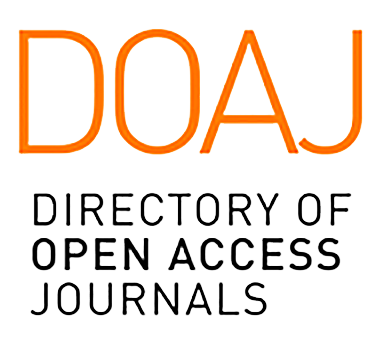2790-9441






MLA International Bibliography
MLA Directory of Periodicals
ProQuest
CrossRef
Google Scholar
Gale-Cengage
ROAD
Shadiev Rustam
Zhejiang University, China
Abdrashev Arlen
Suleimanova Asem
Tursynbek Almas
Urazakova Darya
Zhanargul Beisembayeva
L.N. Gumilyov Eurasian National University, Kazakhstan
Abstract
This study investigates the use of digital role-play approach for developing speaking skills. The study focuses on the following dimensions: (a) the classification of types of technology, (b) type of the role-play, (c) language and communicative aspects; (d) methodological framework for implementing digital role-play, (e) applications of digital role-play in educational and professional contexts, (f) the role of collaboration and interaction in digital role-play, (g) challenges in digital role-play implementation and proposed solutions. Ethical considerations in the design and implementation in the reviewed articles were also explored. A systematic review was conducted following the PRISMA methodology for peer-reviewed articles published between 2015 and 2024 (December). The review categorized technologies into platforms for creating, engaging and accessing role-play content, including AI chatbots, MMORPGs, and vlogging platforms. Applications extend beyond language learning to professional skills development, such as negotiation and presentation. Findings highlight significant improvements in fluency, pronunciation, vocabulary, and reduced anxiety and increased confidence. The importance of ethical considerations, including data privacy and inclusivity, underlines the need for careful implementation. This research highlights the importance of digital role-play as a powerful tool for engaging learners and enhancing speaking practice across diverse learning environments.
Keywords
Digital, role-play, speaking, technology, language learning